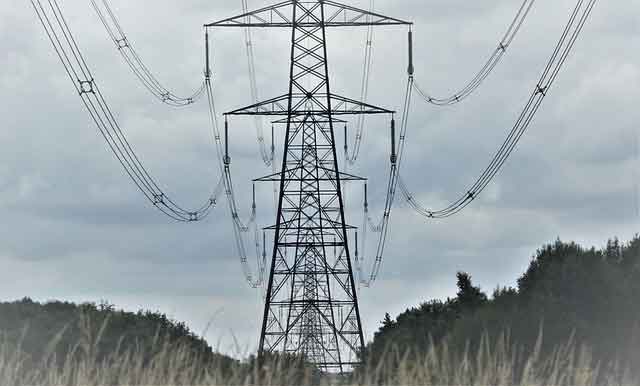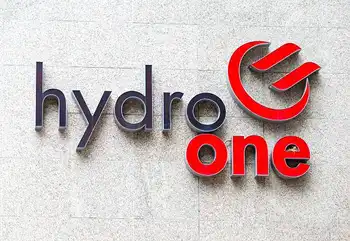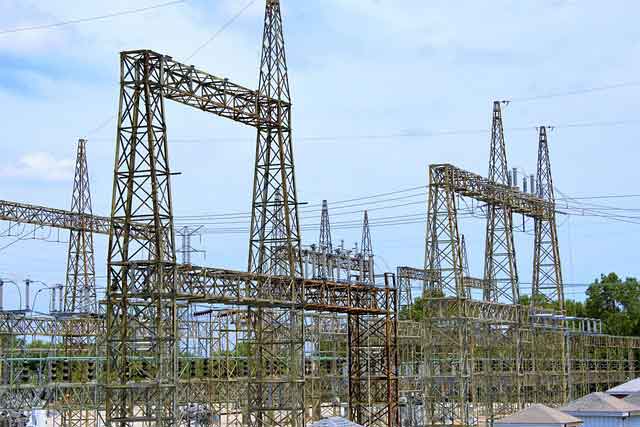Delayed infrastructure projects $8 billion in the red
Delayed projects include 154 in the road and highway sector, 58 in railways, 32 each in the power and steel sectors, 30 each in the coal and petrochemical sectors, 24 in civil aviation, and three in atomic energy. These have been attributed to factors such as fund constraints, delays in land acquisition and environmental clearance, slow progress in activities other than civil works, delays in equipment, and law-and-order issues.
Each of the 925 projects costs at least $4.2 million. These include 103 mega projects, each at least $210 million; 472 major projects, each between $21 million and $210 million; and 350 medium-sized projects, each between $4.2 million and $21 million.
The original total cost of the 925 projects was more than $102 billion in March, and the latest approved cost was more than $104 billion. The anticipated total cost is $115.96 billion, representing a 13.45% overrun for the original costs and an 11.24% overrun for the latest sanctioned costs.
About 311 of these projects have exceeded original costs. The anticipated total cost of these projects is $43.81 billion, representing a 54.75% increase over the original $28.31 billion estimate. Overruns for the latest sanctioned costs have been reported in 285 projects, which now have a total anticipated cost of $42.27 billion, a 47.43% increase over the latest approved cost of $28.67 billion.
There are 445 projects facing delays of one month to 16 years with respect to their original schedules. The anticipated cost of these projects stands at $60.69 billion, a 17.32% increase from the original $51.73 billion cost.
Time overruns with respect to revised schedules have been reported in 423 projects, which now have a total anticipated cost of $61.03 billion, a 15.35% increase over the latest approved cost of $52.91 billion. These 423 delayed projects account for $8.12 billion of the total cost overrun of $11.72 billion for all of the 925 projects.
A total of 140 projects have reported both time and cost overruns, with slippages from one month to 15 years, and total cost escalations as much as 48.41% with respect to the original costs. The anticipated cost of these projects is $31.66 billion, with original costs at $21.33 billion.
The power and roads sectors are the worst hit, with 60% of projects in the power sector and 40% in the roads sector behind schedule. These delays were attributed to failures of project implementation firms or agencies to procure land for their projects on schedule.
The western state of Maharashtra tops the list of states with the most delays, with 37 projects behind schedule. The total cost of these projects has increased from the initial estimate of $5.97 billion to $7.06 billion. Second on the list is the northeastern state of Assam, with 36 projects behind schedule, resulting in a total cost increase of $1.49 billion. Assam is followed by the northern state of Uttar Pradesh, where 32 projects with a combined initial cost estimate of $1.55 billion are facing delays. In the southern state of Andhra Pradesh, 31 projects totaling $3.02 billion are behind schedule, resulting in a total cost escalation of $1.05 billion.
Jammu & Kashmir faces a different scenario, with cost escalations exceeding the initial value of the projects. About 17 delayed projects in the state, with an initial cost of $1.71 billion, now stand to face overruns of $2.1 billion.
In the atomic energy sector, three projects are facing slippages but do not incur overruns. These include the 2,000-megawatt (MW) Kudankulam nuclear power project in Tamil Nadu, delayed 17 months; units 5 and 6 of the Rajasthan atomic power project, delayed 19 months; and the uranium ore processing mill at Banduhurang in Jharkhand, which was commissioned 18 months behind schedule in January 2009.
Of a total of 125 projects in the coal sector, four face cost overruns, 30 report delays, and 15 face both cost and time overruns. In the petroleum and natural gas sector, 18 of the 53 projects face both cost and time overruns. In the power sector, 70 projects are monitored; of these, six face cost escalations, 15 face time overruns, and 17 report both cost and time overruns.
In order to prevent project slippages and subsequent cost overruns, the Planning Commission's Committee on Infrastructure decided that henceforth no project would be granted approval until the project developer acquires 70% of the land required. This measure is estimated to reduce delays 50% to 60%. Jairam Ramesh, Minister of Environment, said his department would work toward granting environmental approvals and forest clearances in a timely fashion. The move is aimed at furnishing project developers with details within a stipulated timeframe on whether the specified project would be granted approval or not.
Related News

Canada Extends Net-Zero Target to 2050
OTTAWA - In December 2024, the Government of Canada announced a significant policy shift regarding its clean electricity objectives. The initial target to achieve a net-zero electricity grid by 2035 has been extended to 2050. This decision reflects the government's response to feedback from provinces and energy industry stakeholders, who expressed concerns about the feasibility of meeting the 2035 deadline.
Revised Clean Electricity Regulations
The newly finalized Clean Electricity Regulations (CER) outline the framework for Canada's transition to a net-zero electricity grid by 2050. These regulations aim to balance the imperative of reducing greenhouse gas emissions with the practical considerations…




